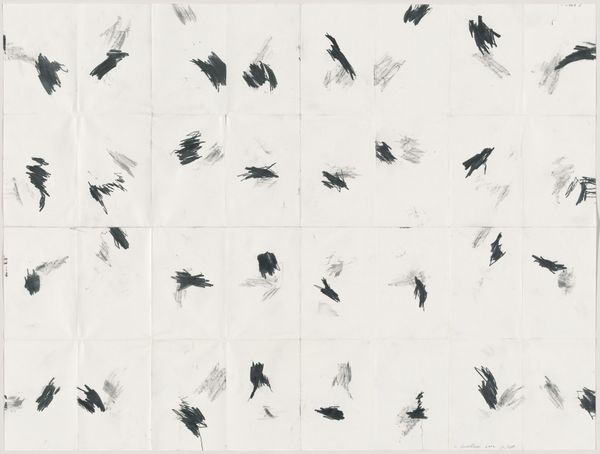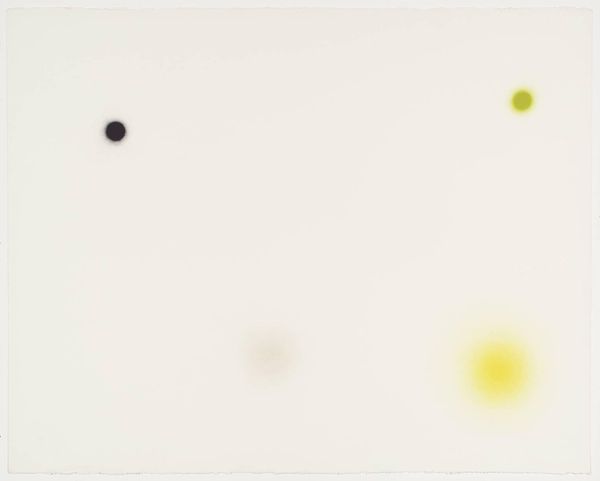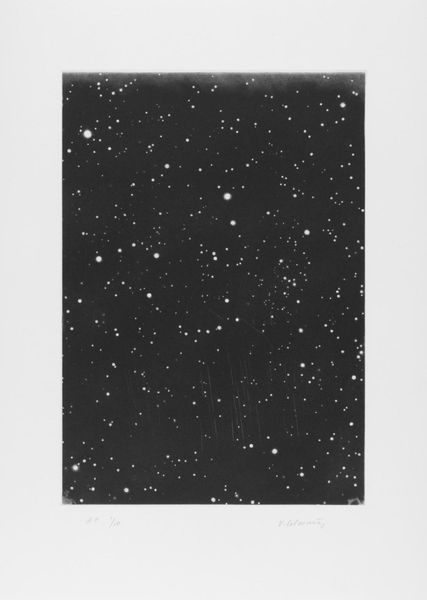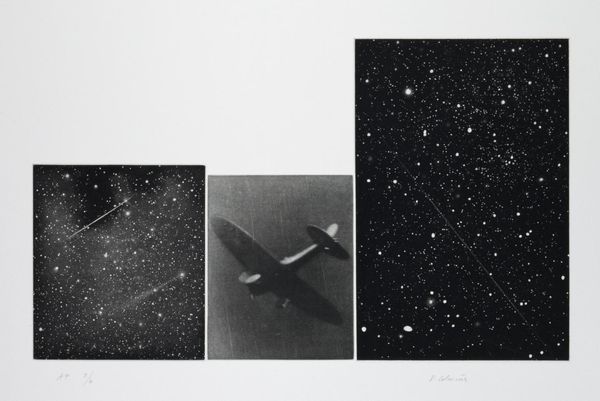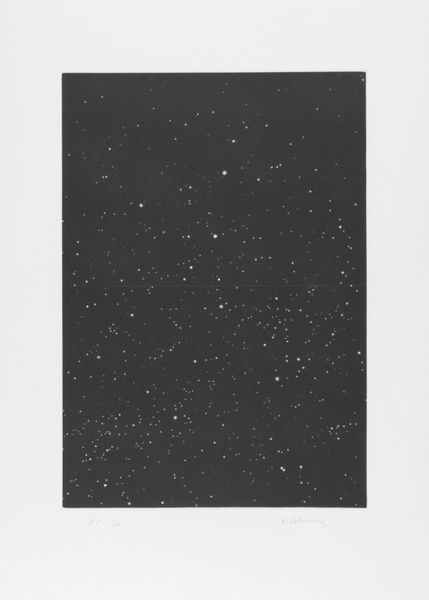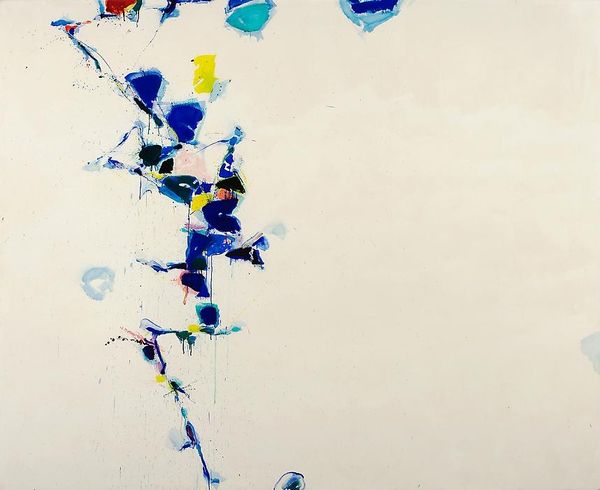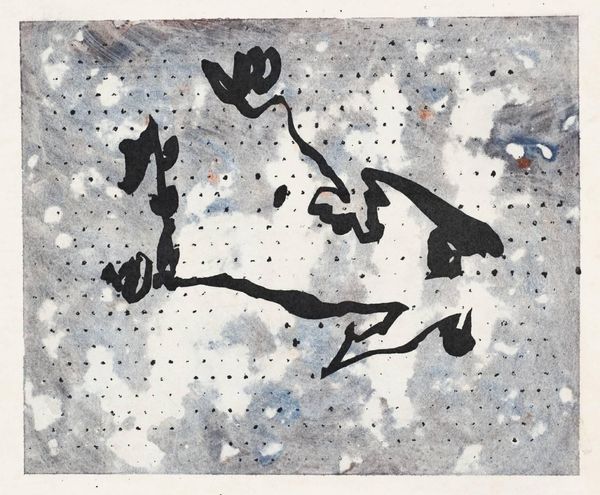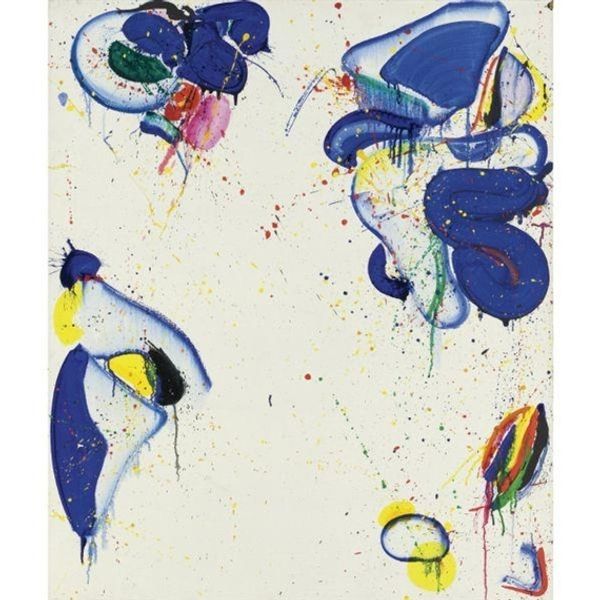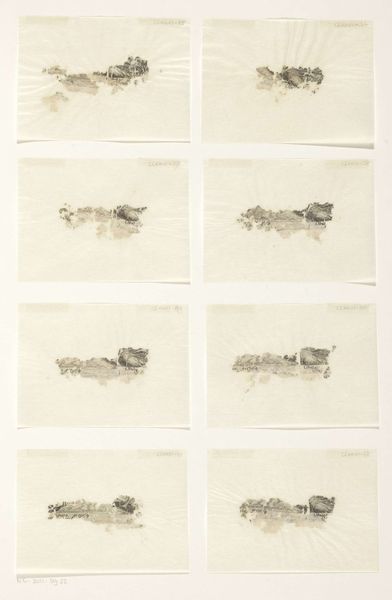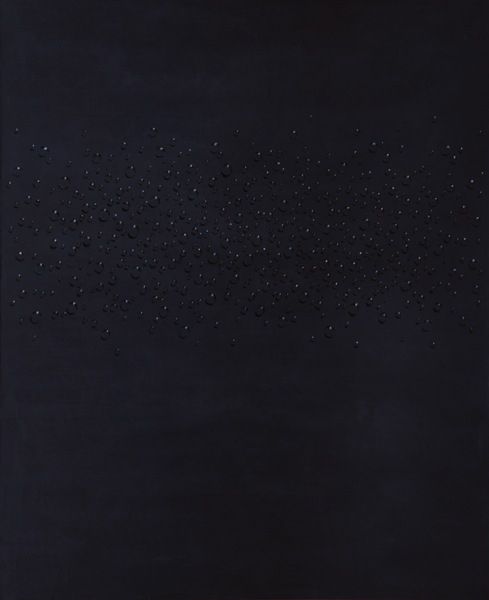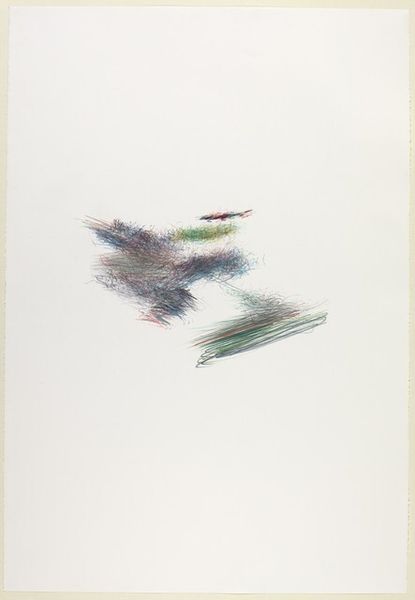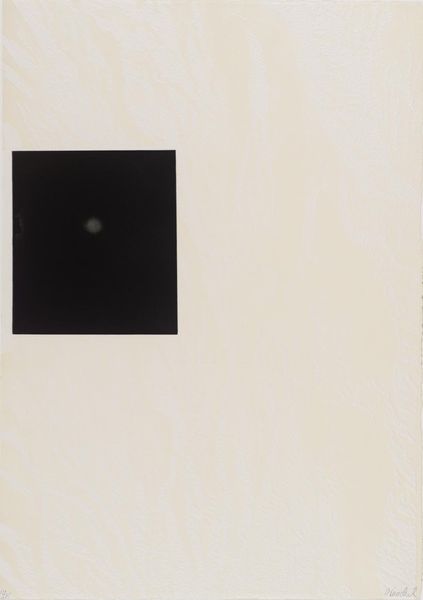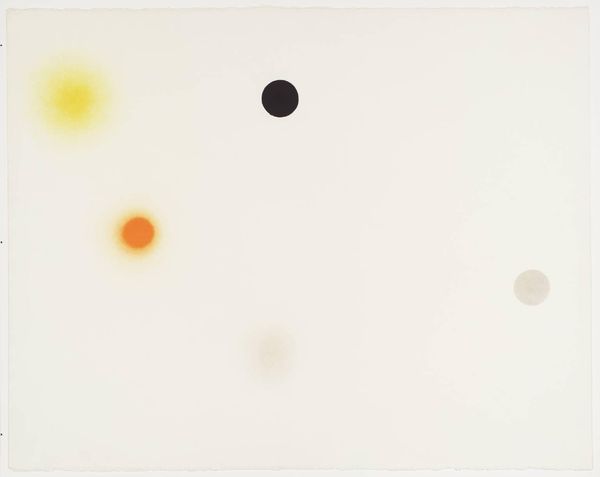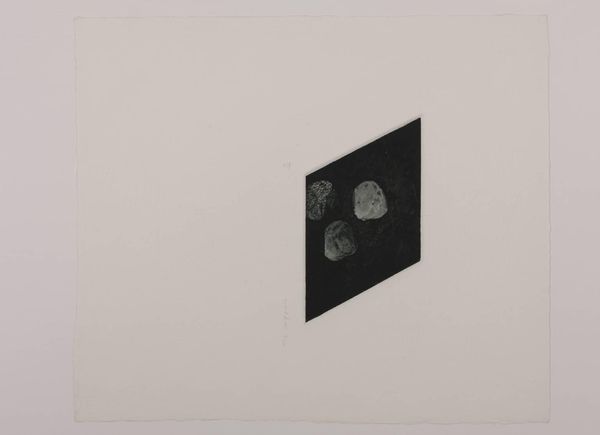
Dimensions: support, each: 2135 x 2135 x 33 mm displayed: 2322 x 4645 x 120 mm frame: 2322 x 2322 x 120 mm frame: 2323 x 2325 x 120 mm
Copyright: © Damien Hirst and Science Ltd. | CC-BY-NC-ND 4.0 DEED, Photo: Tate
Curator: Damien Hirst's "Monument to the Living and the Dead" features real butterflies arranged in two large panels, one with a white background, the other black. Editor: My first impression is that it's deceptively simple; the contrast in color creates a stark, almost haunting juxtaposition. Curator: Hirst is known for using unconventional materials, and here, the butterflies raise interesting questions about the commodification of nature and the ethics of art production. Were these butterflies farmed? What was the process of arranging them? Editor: Absolutely. The work engages themes of life and death, beauty and decay, challenging our perceptions of these concepts in contemporary society. It really speaks to the ephemerality of existence, doesn't it? Curator: Indeed. Reflecting on these processes really gives us a new perspective. Editor: Yes, it leaves me pondering the broader implications of how we memorialize life and confront mortality.
Comments
tate 10 months ago
⋮
http://www.tate.org.uk/art/artworks/hirst-monument-to-the-living-and-the-dead-ar00045
Join the conversation
Join millions of artists and users on Artera today and experience the ultimate creative platform.
tate 10 months ago
⋮
Monument to the Living and the Dead is a very large painting composed of two equal-sized square canvases mounted in abutting white frames. Each canvas is covered with a layer of monotone household gloss paint, in which exotic butterfly carcasses are embedded. The square on the left is painted white; that on the right is black. The oppositional relationship between the colours black and white has a special significance for Hirst. He has explained:
